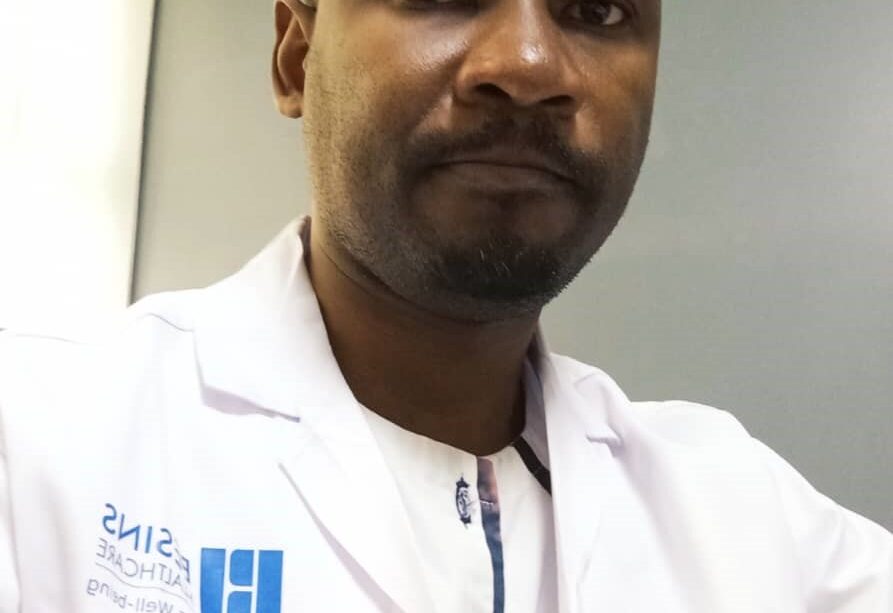“These are extremely fragile newborns, even in Europe the death rate remains very high.”

Dr Paul Nouyep, obstetrician-gynecologist working at the Douala Airport clinic.
We followed with great pain and sadness the case of the triplets at the Logbaba District Hospital.
If we contextualize the facts, so that people understand, it is the death of 3 newborns at the age of 25 weeks. And by definition, according to the African Society of Gynecology (SAGO), any expulsion of the product of conception before the age of 28 weeks is an abortion. Abortion can be early if it occurs before the 12th week of amenorrhea and late between the 12th week and before the 28th week. From 28 weeks it is a premature delivery with a weight greater than 1000g.
In this specific case, it was a late abortion since the patient was in the 25th week of amenorrhea with weights of 600g, 600g and 500g.
It is therefore important to highlight among the causes of abortion infections such as severe malaria, all causes of over-distances of the uterus can also lead to abortion such as fibroids, excess amniotic fluid, multiple pregnancies therefore the frequency of abortion increases with the number of fetuses.
The management of very preterm births (newborns born between the 22nd week of amenorrhea and before the 28th week) consists first of all in a transfer to a level III maternity ward where the delivery and then the transfer to the neonatology unit will take place.
These are extremely fragile newborns, even in Europe the death rate remains very high.
Faced with such a tragedy, what should be done:
- In Utero referral to a level III hospital as soon as the patient shows signs of threatened abortion
- If delivery is imminent, deliver the baby and then refer by medical ambulance to incubators in a neonatal unit
The health staff of the Logbaba District Hospital, in the absence of an incubator, used an old and artisanal method with cardboard and linen to avoid hypothermia in newborns.
In short, these deceased newborns highlight numerous shortcomings in our health system that absolutely must be corrected.
Interview by Mireille Siapje















